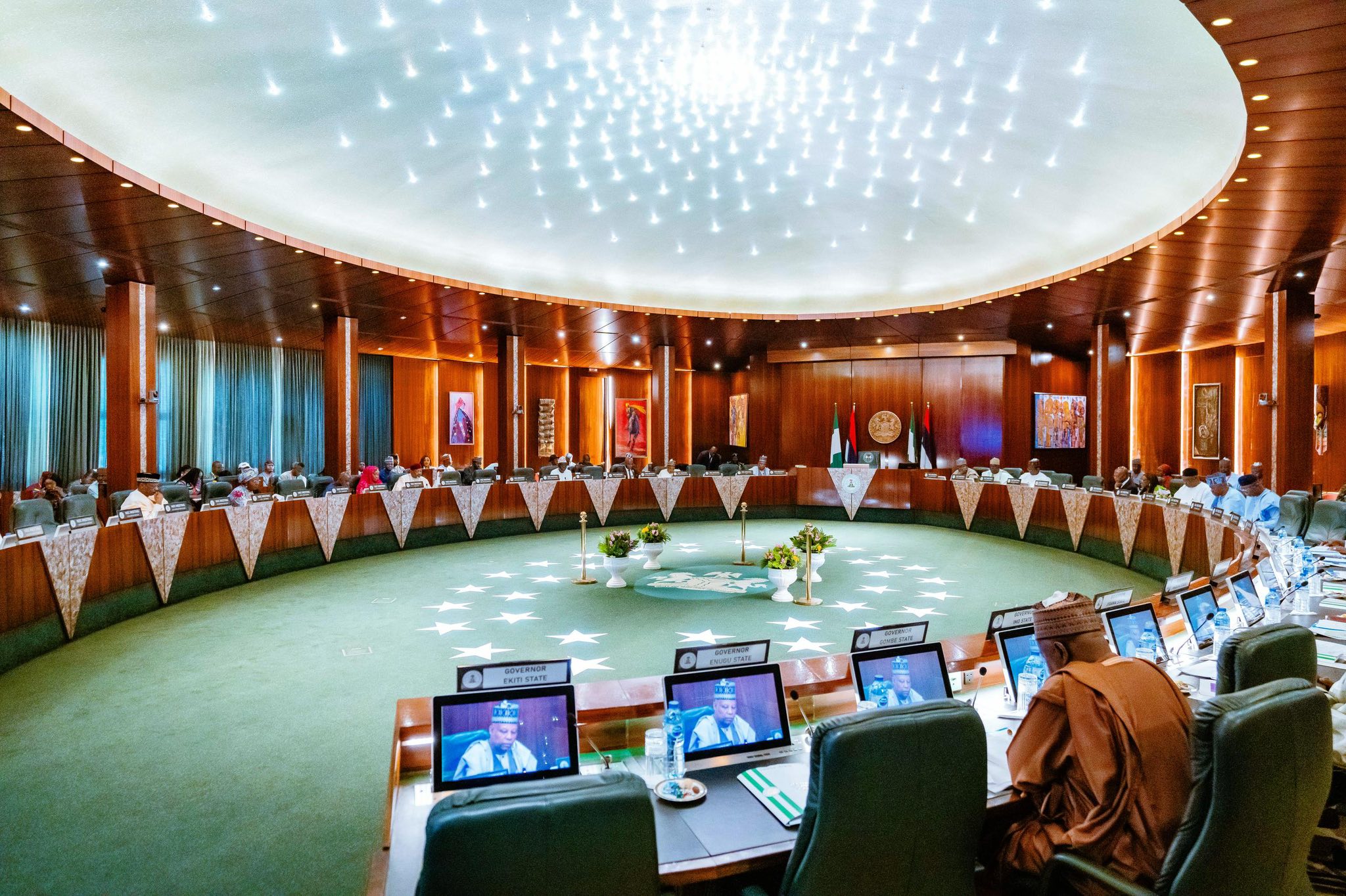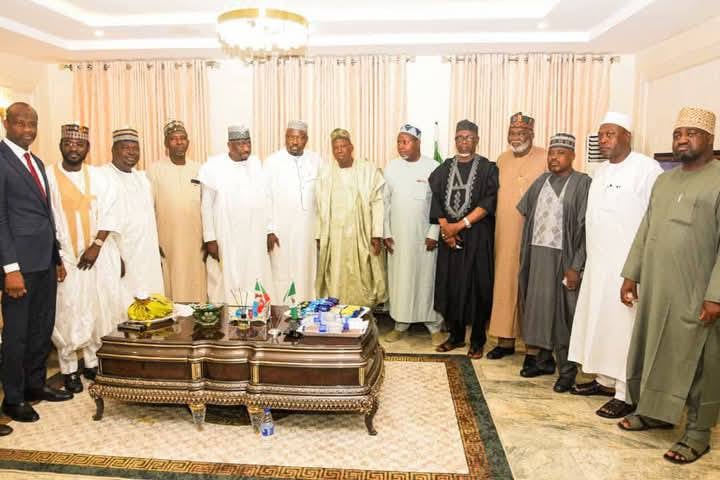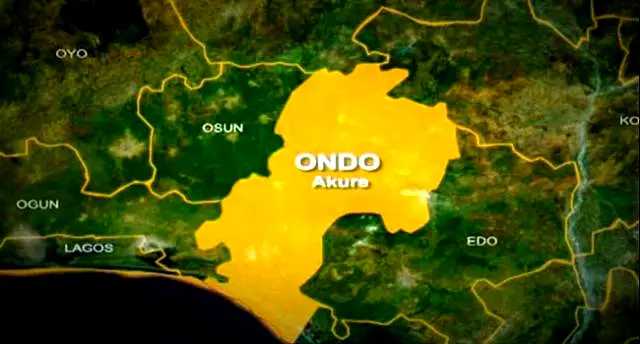NEC Defers State Police Discussion Again

The National Economic Council (NEC) has once again deferred discussions regarding the establishment of state police, marking the third such postponement. This decision occurred during a meeting held in Abuja, presided over by Vice-President Kashim Shettima, and attended by state governors and key officials. The council cited time constraints due to extensive presentations as the reason for the delay.
Bayelsa State Governor Douye Diri informed State House correspondents that while state police was on the agenda, it could not be addressed due to the meeting's demanding schedule. He assured that the matter would be thoroughly discussed in the subsequent meeting. This delay continues a trend since late 2023, despite the majority of states reportedly supporting the initiative in response to escalating insecurity.
The NEC has emphasized the need for comprehensive consultation and documentation before making a decision on state police. Meanwhile, the National Assembly is working on legal frameworks to facilitate the establishment of state police as part of broader efforts to tackle insecurity across the nation. Opeyemi Bamidele, leader of the senate, urged security agencies to collaborate in tracking and apprehending those responsible for terror attacks.
In addition to the state police discussion, the NEC also approved the establishment of a Cotton, Textile, and Garment Development Board, along with strategies for agribusiness expansion and livestock transformation, projecting a potential $90 billion in economic value by 2035. The council also addressed the issue of modernizing livestock development, with an emphasis on cattle ranching as a solution to farmer-herder conflicts. Further decisions included establishing a Green Imperative Project (GIP) national office in Abuja and regional offices across the six geopolitical zones.
During the meeting, the NEC observed a minute of silence to honor victims of recent violent attacks in Plateau, Benue, Zamfara, and Kwara states, where over 100 lives were reportedly lost. This gesture was intended to express sympathy and solidarity with the affected communities.
Kaduna State Governor Uba Sani had previously indicated that all 36 states were in favor of establishing state police, expressing hope for a conclusive resolution at the next NEC meeting. However, the issue remains unresolved, with discussions deferred once again.
The Nigeria Governors’ Forum has decided to form a sub-committee to collaborate with security agency heads, aiming to address insecurity through technology-driven solutions. This decision followed a presentation by the Chief of Defence Staff, General Christopher Musa. Similarly, a former Comptroller-General of the Nigeria Immigration Service suggested creating a think-tank of retired generals to advise on tackling security challenges.
The Defence Headquarters (DHQ) reported that the Nigerian Armed Forces have eliminated approximately 1,770 terrorists and arrested 3,070 in the Northwest states over the past three years. They have also seized numerous weapons and rescued over 2,515 victims during various operations. In a related effort, Nigeria has adopted the Counter Terrorism Technology (CT-TECH+) initiative to enhance its capacity to secure the country and the Sahel region, in collaboration with the UN Office for Counter Terrorism (UNOCT) and Interpol.
Vice President Shettima urged NEC members to take courageous decisions and focus on delivering tangible results to the citizens, emphasizing that governance is about fulfilling promises and building a sustainable future. He called for unity and a focus on national progress, rather than partisan interests.
The NEC also received a presentation on strengthening skills development through the Technical and Vocational Education Training (TVET) initiative. Additionally, the council reviewed proposals to transform Nigeria into a red meat exporter, focusing on livestock value chain development and attracting private investors to the states.
Following a meeting with the Chief of Defence Staff, the Nigerian Governors reiterated the need for increased recruitment into security agencies and the adoption of technology-driven solutions to address killings across the states. They also set up a committee to collaborate with security agency heads on a joint strategy.
The Defence Headquarters (DHQ) has initiated a military diplomacy campaign in the South-east, North-west, and North-east, aiming to foster collaboration between the military and local communities in the fight against insurgency.
Meanwhile, the Peoples Democratic Party (PDP) in Kwara State has expressed concern over the deteriorating security situation in the state, particularly in Baruten, Kaiama, and Ekiti Local Government Council Areas, citing increased attacks and the alleged failure of the governor to provide proactive leadership and support to security agencies.








